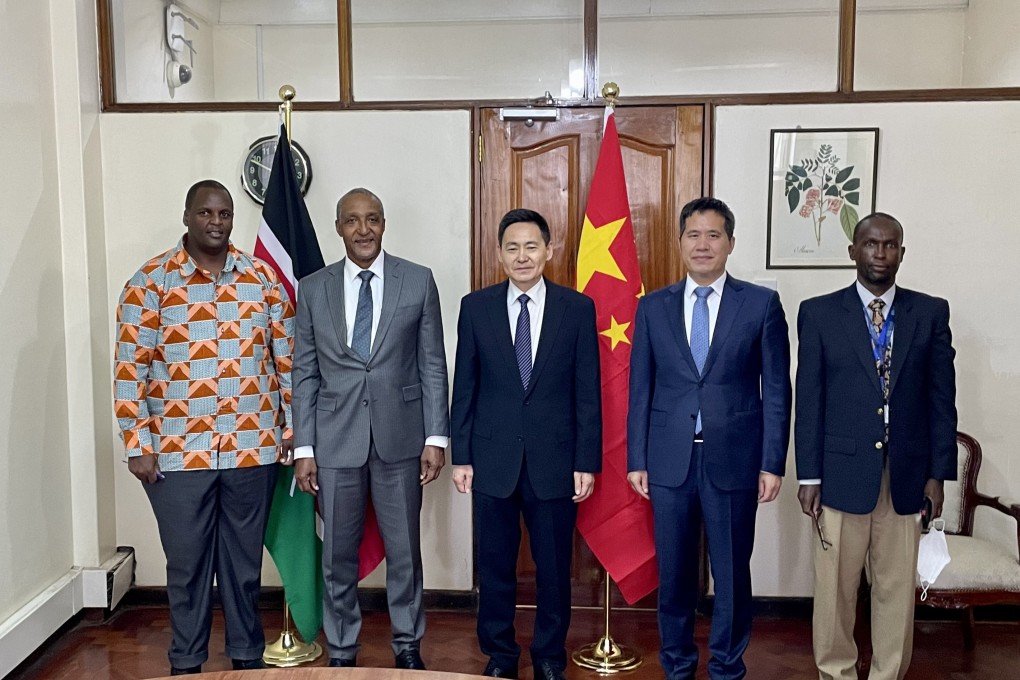Advertisement
China’s special Horn of Africa envoy has work cut out ahead of first peace meet in conflict-hit region
- China will heed calls to do more in region ‘fed up’ with Western interventions, newly appointed envoy Xue Bing says
- As prolonged conflict threatens investments, China needs to see that economic growth and stability are a two-way street, observers point out
Reading Time:4 minutes
Why you can trust SCMP

Beijing’s special envoy for the Horn of Africa will have the tough task of balancing his country’s development interests and security challenges, as China plans its first peace conference in the conflict-ridden region.
Visiting the Kenyan capital Nairobi over the weekend, Xue Bing, China’s newly appointed Horn of Africa envoy, said Kenya and Ethiopia had agreed to host the conference planned for the first half of this year.
The conference aims to be a platform for the eight nations concerned, to resolve conflicts and address the lingering instability in the region.
Advertisement
Africa should be left to chart its own course out of problems without “external” interference, Xue said, in an apparent swipe at Western nations for imposing their style of governance.
Several Horn of Africa countries had urged China to “do more” for peace and security and Beijing would heed those calls, Xue said, adding that China would provide an alternative while allowing nations to choose what worked for them.
“Some of the countries are just fed up with the foreign interventions,” Xue said in Nairobi on Saturday during his weeklong tour of the region.
Advertisement
Select Voice
Select Speed
1.00x
